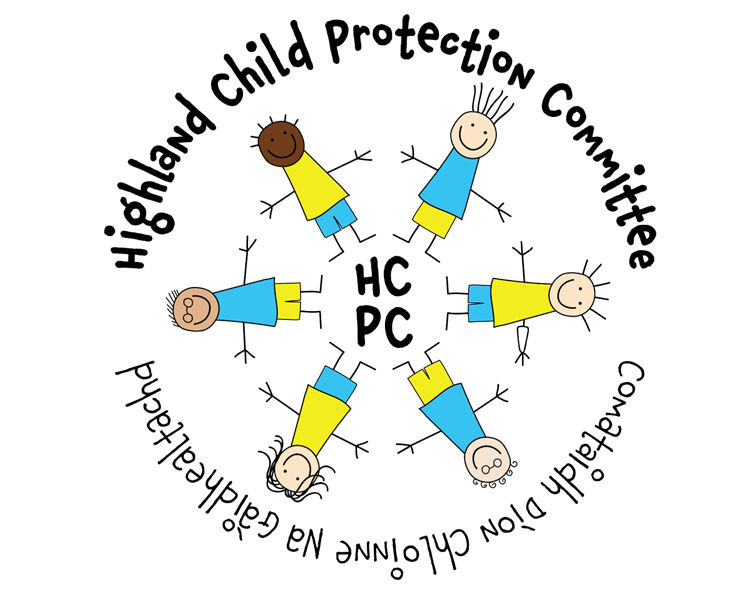Culture, community and family context

It is essential to consider the child’s experience and consider the risks, stresses and protective factors in the child’s world. Cultural sensitivity and competence is necessary in considering the family perspective. Religion, faith and places of community and worship may be a key reference point and a source of resilience, identity and social connection. At the same time, risks and stresses are accentuated for some families by isolation, racism, food insecurity, poor housing, barriers to employment and especially poverty. These issues are considered further in Part 4 of the National Child Protection Guidance.
Children dislocated from family and community may be additionally vulnerable to abuse and exploitation. Children living in close knit or insular communities, whether urban or rural, may find it more difficult to go outside for help. Family honour and reputation may in some instances provide a barrier to sharing knowledge of maltreatment and abuse. Practitioners sometimes fear asking questions and making judgements about harsh or abusive parenting that might be deemed cultural practices. However, in all circumstances, a child’s right to be protected from harm is paramount. Practitioners need sensitivity and persistence in developing an understanding of what life is like, and has been like, for each child.
Awareness of contextual risks and strengths entails consideration of relationships within and beyond the family. This includes safety and risks within specific community settings and in peer relationships (both physical and online).